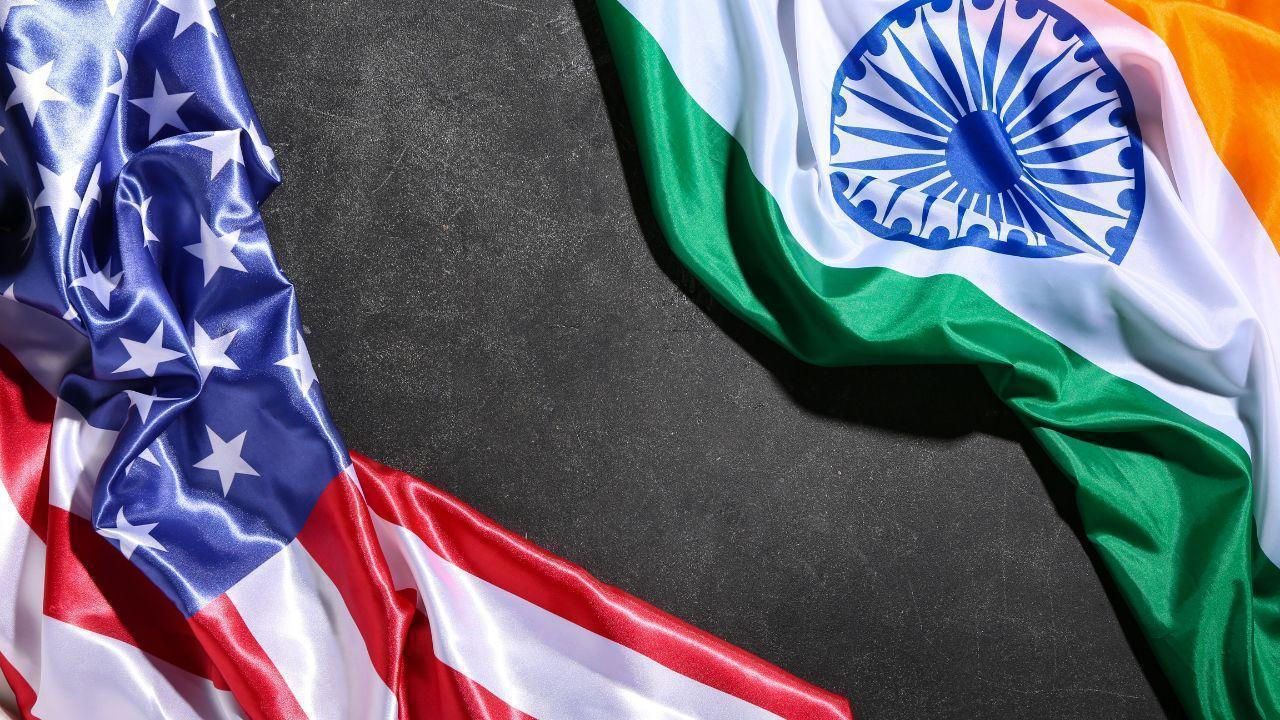



A recent Reddit post by an Indian national has triggered widespread online discussion after revealing their U.S. B1/B2 visa was revoked following participation in a Harvard University conference earlier this year. The individual, who traveled to the U.S. in February 2025 to attend the event, said they received an unexpected email in May notifying them of the visa revocation.
According to the post, the individual believes they did not violate any U.S. laws or visa conditions. Instead, they suspect the revocation may be linked to a political protest involving other Indian students during or after the conference. Reportedly, all members of the group who attended the same event received similar notices of visa cancellation.
The protest in question allegedly involved Indian students submitting a letter to a U.S. Senator, urging action against Indian delegates set to attend a future event. Although the Reddit user claims not to have been involved in the protest, they describe the revocation as a “blanket action” that affected their entire group.
The B1/B2 visa is a non-immigrant visa granted for short-term business or tourism travel to the U.S., typically valid for up to 10 years with individual stays capped at 180 days. The user expressed frustration, writing:
“It feels as though actions taken by others, in a different part of the world, have unfairly impacted us. We followed all laws and procedures, yet we are facing the consequences for something we had nothing to do with.”
The post quickly gained traction, prompting reactions across social media platforms. Some users speculated that the revocations could be tied to geopolitical tensions or broader administrative issues involving international student oversight. One user wrote:
“There’s a tussle between Harvard and the Trump administration over international students’ data. Your visa revocation might be part of a larger issue.”
An immigration attorney also weighed in, explaining that visa revocations can occur when the U.S. State Department or consulate receives derogatory information, even if no formal violation is proven.
“Visa revocations often lead to greater scrutiny during future applications. Even without a formal ban, proving you didn’t do what you're suspected of can be extremely difficult,” the attorney noted.
Others highlighted the systemic vulnerability of visa holders, especially from countries with weaker passports.
“This is nothing new. People from developing nations often suffer due to others’ actions. A visit visa is a privilege, not a right, and can be revoked anytime without explanation.”
The case underscores the precarious nature of temporary U.S. visas and the far-reaching impact of political activism—even when indirect. As the affected individuals weigh their next steps, many are calling for more transparency and fairness in how visa revocations are handled.
#trending #latest

University Internships That Help You Get a Job After Graduation... Read More.

Is It Smarter to Start at a Community College... Read More.
 Fake posts hit Czech PM Fiala's X
Fake posts hit Czech PM Fiala's X
Fake posts disrupt Czech PM Fiala's X account security
 Switzerland Tightens Export Rules
Switzerland Tightens Export Rules
Switzerland expands export controls on dual-use goods
 Google unveils Ironwood AI chip
Google unveils Ironwood AI chip
Google introduces Ironwood chip to accelerate AI tasks & apps
 TSMC Q1 revenue up 42%
TSMC Q1 revenue up 42%
TSMC sees 42% revenue surge in Q1, surpassing forecasts
 Amazon CEO Outlines AI Vision
Amazon CEO Outlines AI Vision
Amazon CEO reveals AI investment plans in new letter
 Osaka Hosts World Expo 2025
Osaka Hosts World Expo 2025
Japan blends tech and culture at Osaka Expo 2025 launch
 A16z Plans Big Bet on AI Startup
A16z Plans Big Bet on AI Startup
A16z may lead huge round in ex-OpenAI CTO’s new AI firm.
© MyEduGoal. All Rights Reserved. Design by markaziasolutions.com